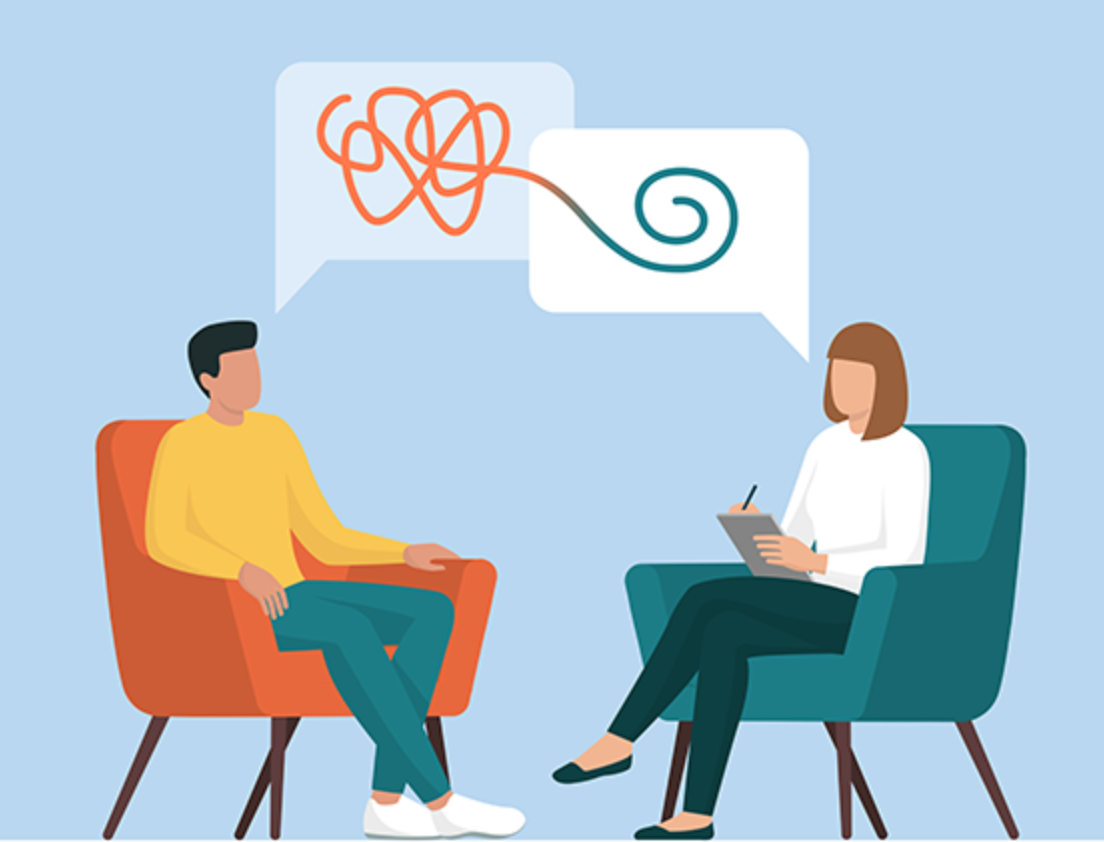As technology continues to advance, the field of mental health care is poised for significant transformation. AI therapists, such as those offered by Wellzy, are at the forefront of this change, providing free therapy online and online therapy help free of traditional barriers. In this blog post, we explore the future of mental health care and how AI, along with other innovations, will shape it.
The Rise of AI Therapists
AI therapists are revolutionizing mental health care by offering accessible, immediate, and cost-effective support. These AI-driven platforms use advanced algorithms to provide personalized care, ensuring that users receive the right help at the right time. With the ability to analyze vast amounts of data, AI therapists can continually improve their services, making mental health support more effective and inclusive.
Benefits of AI in Mental Health
- Accessibility: AI therapists are available 24/7, providing support whenever and wherever it's needed. This eliminates the barriers of time and location that often hinder access to traditional therapy.
- Affordability: Platforms like Wellzy offer free therapy online, making mental health care accessible to a wider audience without the financial burden.
- Immediate Support: Users can receive online therapy help free of delays, allowing for timely intervention during crises or periods of high stress.
- Consistency: AI therapists provide consistent and unbiased support, free from human limitations such as fatigue or emotional involvement.
- Personalization: By analyzing user interactions, AI therapists can tailor their responses to meet individual needs, enhancing the therapeutic experience.
Complementing Human Therapists
While AI therapists offer numerous advantages, they are not intended to replace human therapists. Instead, they complement traditional therapy by providing additional support. AI therapists can handle routine check-ins and offer guidance, allowing human therapists to focus on more complex cases. This synergy between AI and human therapists creates a more robust mental health care system.
Innovations Beyond AI
The future of mental health care extends beyond AI therapists. Innovations such as virtual reality (VR) therapy, teletherapy, and mobile health apps are also playing crucial roles in enhancing mental health services:
- Virtual Reality Therapy: VR therapy immerses users in controlled environments to help them confront and manage their fears and anxieties. This technology is particularly effective for treating PTSD and phobias.
- Teletherapy: Teletherapy allows individuals to connect with human therapists through video calls, making therapy more accessible to those in remote areas or with busy schedules. For more on teletherapy, visit American Psychiatric Association's guide on Telepsychiatry.
- Mobile Health Apps: Mobile apps offer various mental health resources, from meditation guides to mood tracking, providing users with tools to manage their mental health on the go. Check out Healthline's list of top meditation apps.
Data Privacy and Security
As the use of AI and other technologies in mental health care grows, ensuring data privacy and security becomes increasingly important. Platforms must adhere to strict privacy regulations and employ robust security measures to protect user data. At Wellzy, we prioritize user confidentiality and data protection, providing a safe environment for users to seek help.
Learn more about data privacy in mental health from HHS.gov's HIPAA Privacy Rule.
Conclusion
The future of mental health care is bright, with AI therapists and other technological innovations paving the way for more accessible, effective, and inclusive support. By combining the strengths of AI and human therapists, we can create a holistic approach to mental health care that meets the needs of all individuals. Explore the benefits of AI therapy and take the first step towards better mental health with Wellzy.
Further Reading
For more insights into the future of mental health care and technological innovations, explore these resources:

